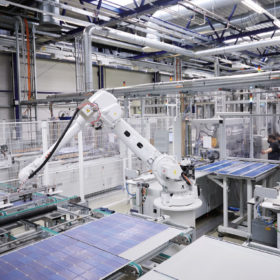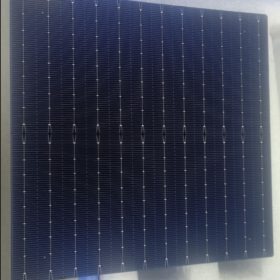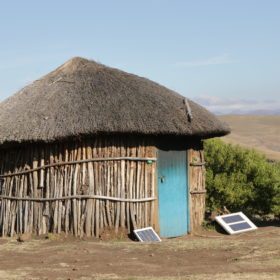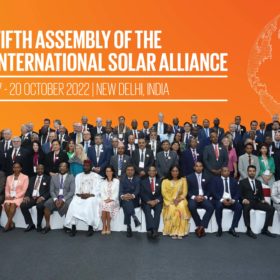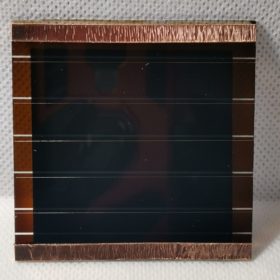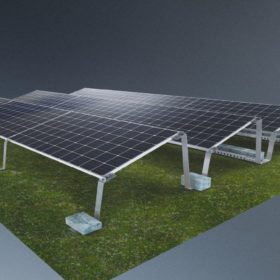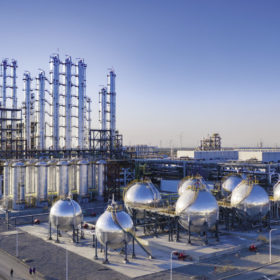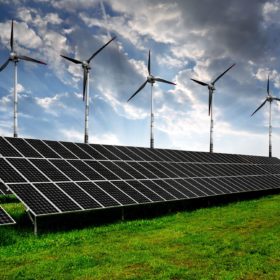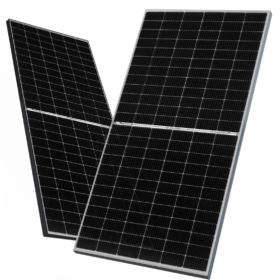Global installed PV capacity could hit 260 GW in 2022
The International Energy Agency Photovoltaic Power Systems Programme (IEA PVPS) estimates that 173.5 GW of new solar capacity was installed in 2021, and that figure might rise to 260 GW in 2022. pv magazine spoke with the co-chair of the European Solar Manufacturing Council to look into the figures.
TOPCon solar cell achieves 24.2% efficiency via new plasma-assisted atomic layer deposition tech
A team of international researchers has simplified the deposition of thin film layers in the commercial production of TOPCon solar cells. Via a tube-type industrial plasma-assisted atomic layer deposition (PEALD) technique, they were able to achieve a power conversion efficiency of 22.8% in a 60-cell, 613 W TOPCon module.
Off-grid solar continues to expand
The off-grid solar sector has shown resilience in the face of pandemic-related challenges, with 70 million people gaining access to electricity from early 2020 to the end of 2021. However, the ability to pay for solar energy kits has taken a hit.
ISA Assembly approves payment guarantee mechanism for solar projects in Africa
The fifth assembly of the International Solar Alliance (ISA) approved Solar Facility, a payment guarantee mechanism to mitigate risks associated with solar projects in Africa.
GreatCell achieves 32% efficiency for inorganic perovskite solar cell
Australian manufacturer GreatCell has built a cell with roll-to-roll coating technology. It designed it without a hole transport layer (HTL) and used carbon composite back contacts, which offer excellent electrical conductivity.
Aerocompact launches high-elevation mounting system for rooftop PV
Portuguese startup Solarud has unveiled the next generation of its water-draining device for PV panels with low, sloping inclines. The new design avoids clogs caused by sand and dust, in nano and customized versions that fit installations and modules of different sizes.
Global polysilicon capacity could hit 536 GW by end of 2023
Clean Energy Associates said in a new report that it expects polysilicon production capacity to exceed PV installations next year.
Wind, solar payback times under a year in some parts of world, says Rystad
Record energy prices, particularly in Europe, are driving demand for renewables and energy storage. That is changing the equation for utility solar and wind investment and shortening project payback times to under a year in some regions. Storage deployment, driven by recent policy developments around the world, is also expected to get a big boost through to 2030.
JinkoSolar achieves 26.1% efficiency for n-type TOPCon solar cell
JinkoSolar has set another world record for n-type solar cell efficiencies with its TOPCon technology, this time reaching 26.1%. The new record was confirmed by China’s National Institute of Metrology.
Sodium-ion battery anode made from toxic hogweed
Russian researchers have transmuted poisonous Sosnowsky’s hogweed into high-grade anode material for sodium-ion batteries. The obtained material has a Coulombic efficiency of 87%, which is on par with the best reported results for hard carbons synthesized from other raw materials.
